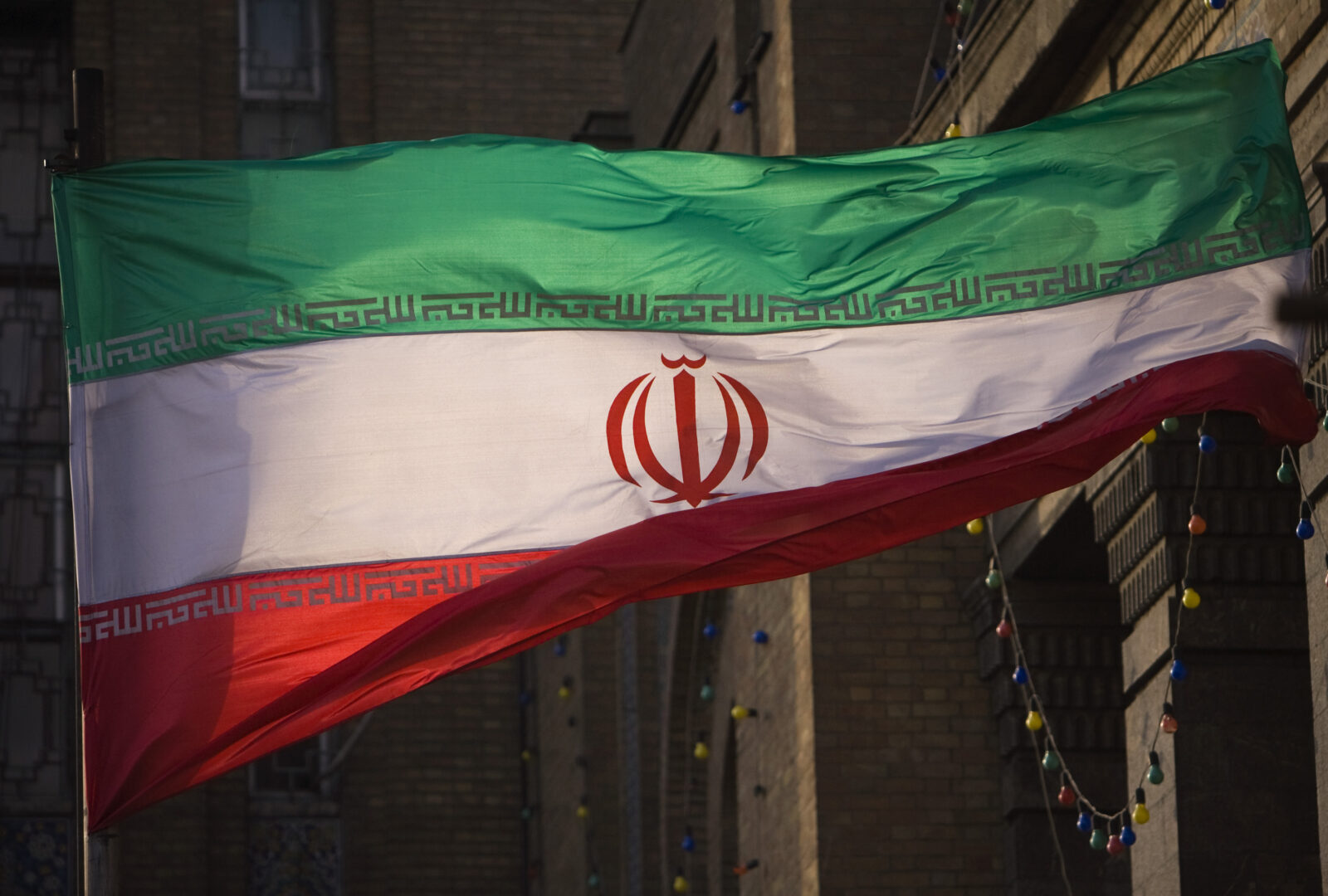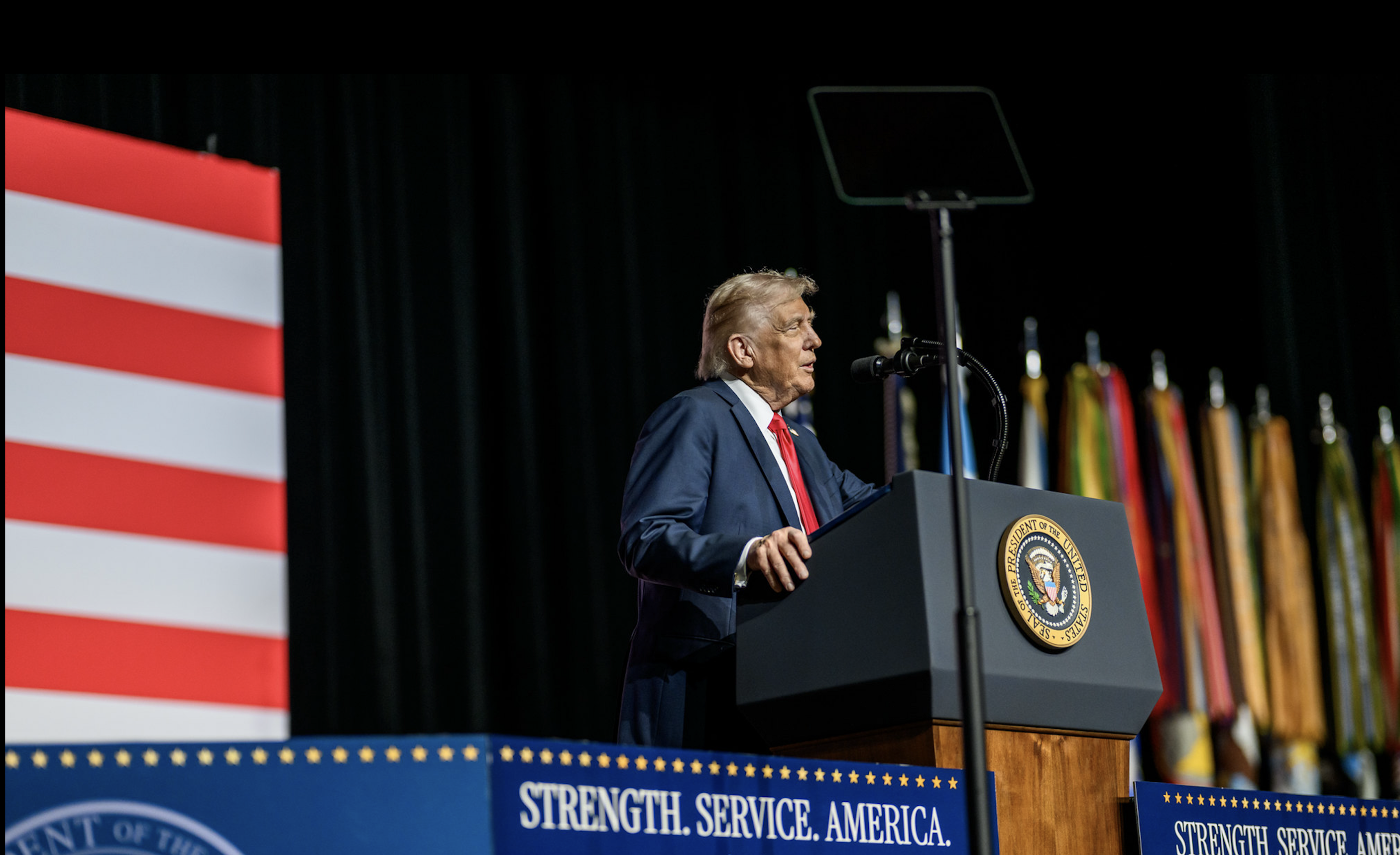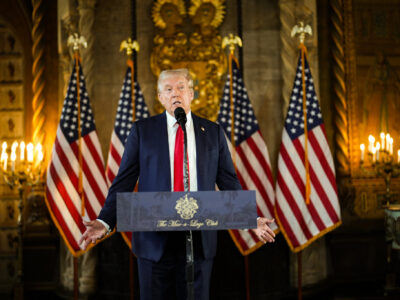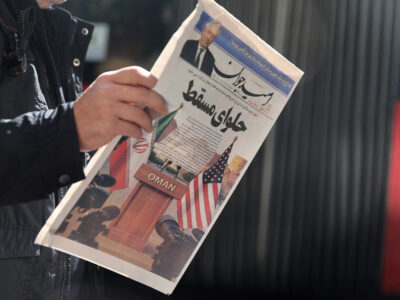Book Talk | Iran’s Grand Strategy: A Political History
Why does Iran behave the way it does—and what does the West still misunderstand?
Join us for a compelling conversation between Vali Nasr, one of the most influential voices on Middle East geopolitics, and Trita Parsi, executive vice president of the Quincy Institute, as they unpack Nasr’s provocative new book, Iran’s Grand Strategy: A Political History.
In this landmark work, Nasr dismantles the myth of Iran as an irrational, ideologically driven state. Instead, he traces a coldly pragmatic strategy shaped by war, isolation, and existential fear. Drawing on rare interviews with Iranian insiders, Nasr reveals how Tehran’s foreign policy—its pursuit of nuclear capability, its forward defense, its defiance of U.S. power—is animated not by dogma but by the logic of survival and the scars of history.
From the Iran-Iraq War to the fallout of the U.S. invasion of Iraq, this book provides a sweeping reinterpretation of Iran’s long game, and what it means for U.S. policy in a region on edge. As tensions rise once again, this conversation is essential for anyone seeking to understand the deeper motivations behind Iran’s moves on the world stage—and how Washington might finally stop misreading them.
Panelists
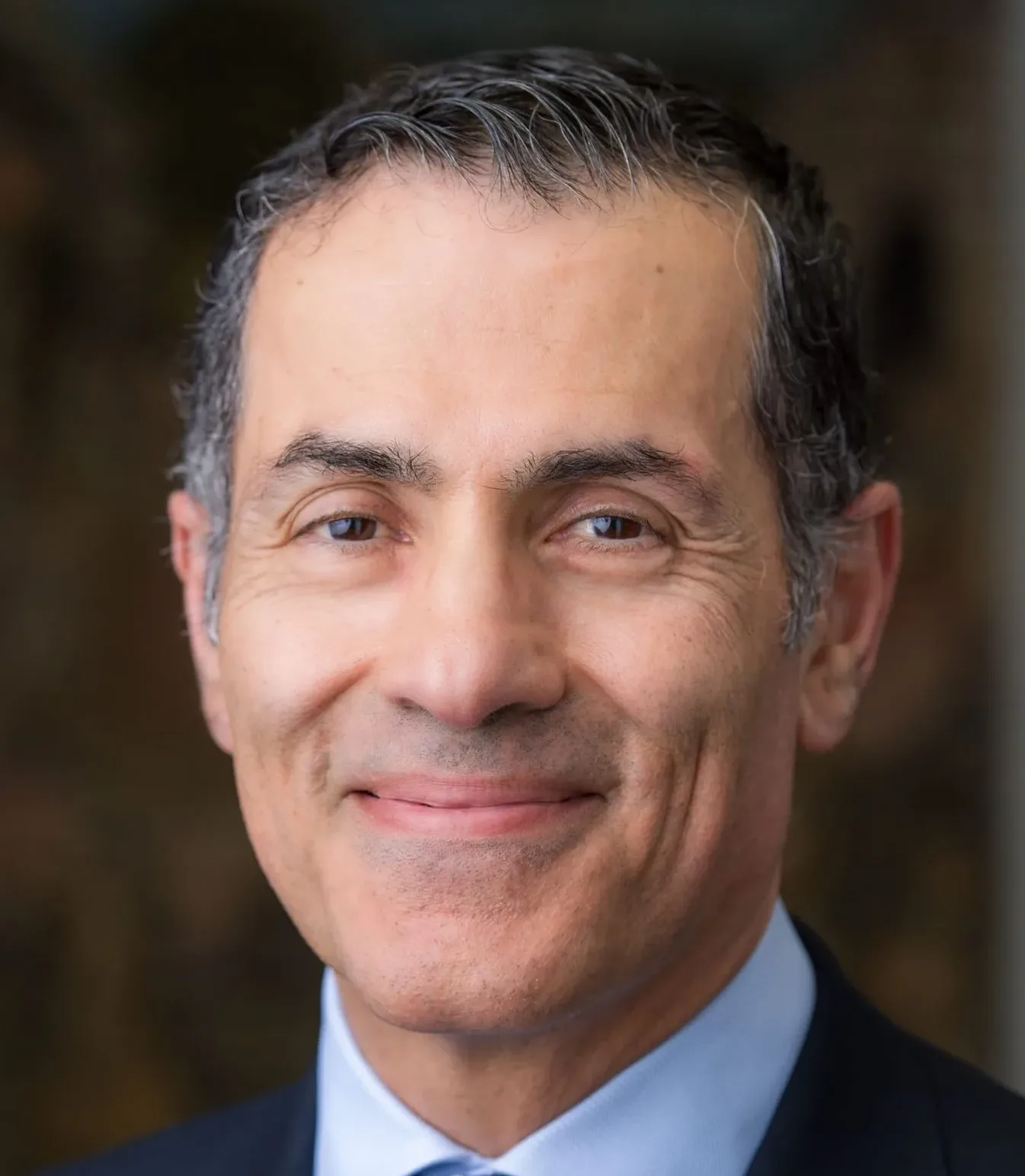
Vali Nasr
Vali Nasr is the Majid Khadduri professor of International Affairs and Middle East Studies at Johns Hopkins-SAIS. From 2012 to 2019, he served as the Dean of the School, and from 2009 to 2011, he was the Senior Advisor to U.S. Special Representative for Afghanistan and Pakistan, Ambassador Richard Holbrooke. He authored "Forces of Fortune: The Rise of a New Muslim Middle Class and How it Will Change Our World"; "The Shia Revival: How Conflicts within Islam will Shape the Future"; and "Democracy in Iran: History and the Quest for Liberty". He has written for The New York Times, Foreign Affairs, Financial Times, Wall Street Journal, and The Washington Post.
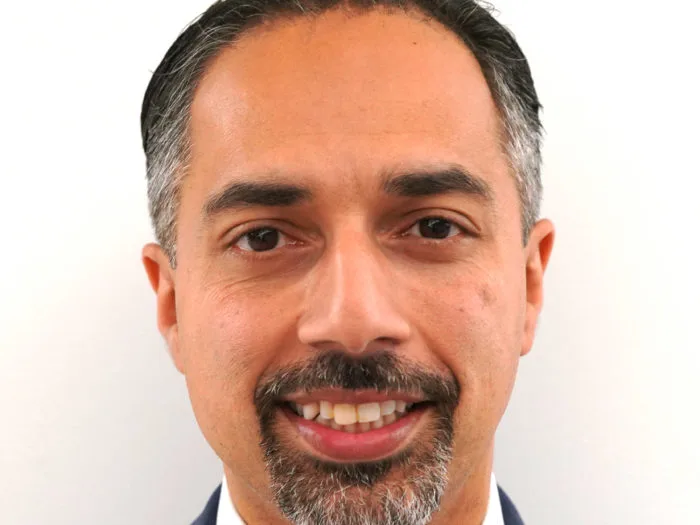
Trita Parsi
Trita Parsi is the executive vice president of the Quincy Institute. He is an award-winning author and the 2010 recipient of the Grawemeyer Award for Ideas Improving World Order. He is an expert on US-Iranian relations, Iranian foreign policy, and the geopolitics of the Middle East. He has authored four books on US foreign policy in the Middle East, with a particular focus on Iran and Israel. He has been named by the Washingtonian Magazine as one of the 25 most influential voices on foreign policy in Washington DC for five years in a row since 2021, and preeminent public intellectual Noam Chomsky calls Parsi “one of the most distinguished scholars on Iran.”

